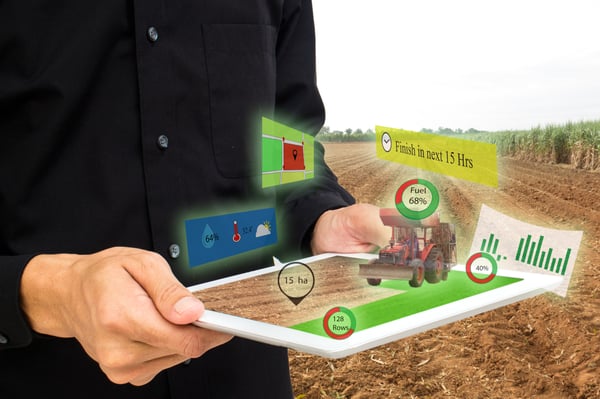Agronomically, most of us are “land grant” educated. Land grant universities were established with the Merrill Act in the 1860s and served to make the higher education affordable to the masses, including a lot of farm kids. By design, they had an agricultural focus – both in research and education. Even if we did not attend our state’s Land Grant or follow their sports teams, they are the foundation for most of the industry’s agronomic knowledge.
Historically, most of what has happened in “precision ag” applications could be characterized as “measuring variability within fields, using knowledge from Land Grants to write equations to variables apply crop inputs.”
Premier Crop and our customers have been working to create new agronomic knowledge with grower’s geo-referenced agronomic data. It’s messy work. Real world agronomy and the data captured is what I call “the collision of uncontrolled variables.”
Recently there have been headlines about agreements between the industry and farm groups on data ownership and privacy. That’s positive. But it’s really not surprising that a company would agree that you own data and that it will be returned or removed from their servers. Or that you will be allowed to direct whom you will be allowed to direct whom it gets share with or sent to.
Do you ever wonder why a company would even want your agronomic data? Often I think the question that should be asked but isn’t, is this: who owns the knowledge created from your data? Is it the data scientist? The company that combines your data with other growers’? The company that is in the business of mining your data with their proprietary algorithms?

I believe that what most growers want at the end of the day is agronomic and economic knowledge on how to farm better and more efficiently. Is the data really what needs protecting or is it more the knowledge created from the data?
There are many different business models being created in data management, no one more right than the next, they are just different. One model is: share your data with us and we’ll use it to tell you how to use our products better. Another model that has been used extensively in the consumer market is the “freemium”, a pricing strategy where a basic service is provided for free to build a user base and lead customers to a premium for-charge service.
Other models will be combinations. Share your data with us, we’ll aggregate it with other grower’s data, develop and calibrate our predictive models, create new knowledge that we own and then we will sell it back to you and other growers.
Another approach is slightly different. Share your data with us, we’ll partner with you and other growers (for a fee) to create agronomic knowledge that you collectively own. That knowledge is shared only with other growers that are part of the database that contributes to the knowledge creation.
The data is only as good as the knowledge you gain form it. Moving forward, how will you view the discussions around data and knowledge ownership?
Got data?
1. This blog has discussed many of the ways data is important, they type of knowledge gained, as well as the decisions to be made, but how have you put it to work for you?
2. What have been some of the positives you have done on your operation that made this year better than last?
3. Think about which business model you are paired with. Is the knowledge you gained from signing away your data in the past worth it?



